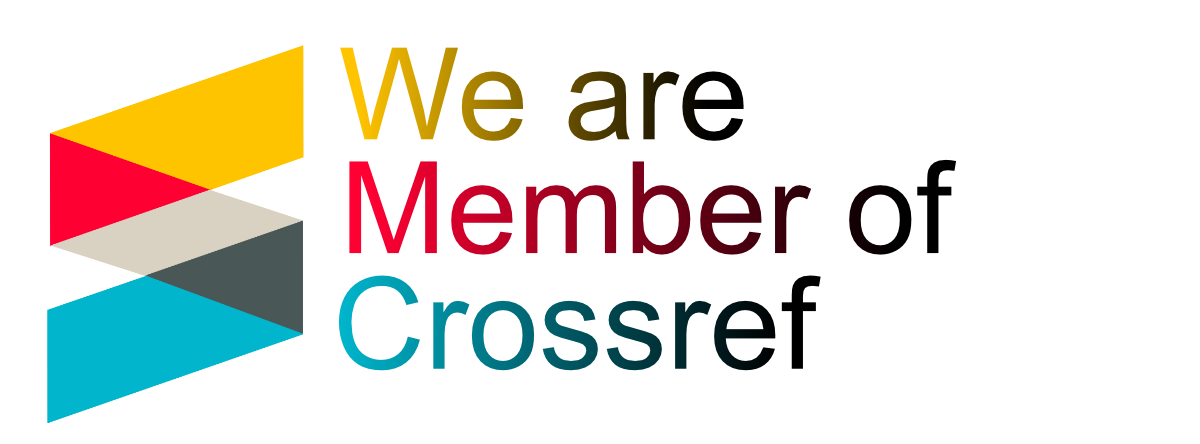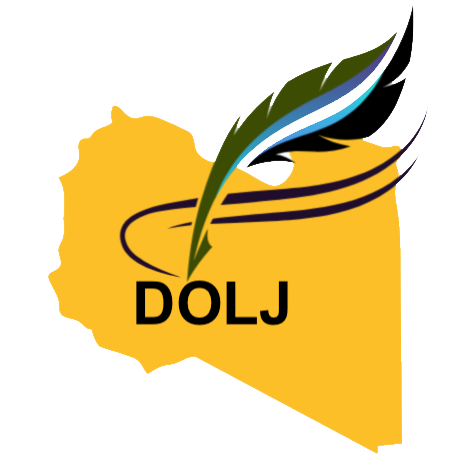العملية التعليمية والمواطنة الرقمية: تصور مقترح لدور مؤسسات التعليم النظامية في تحقيق أبعاد المواطنة الرقمية لدى الطلبة
DOI:
https://doi.org/10.54172/7q7fbj56الكلمات المفتاحية:
المواطنة، العملية التعليمية، التصور المقترح، المواطنة الرقميةالملخص
إن نشر ثقافة المواطنة الرقمية من خلال برامج تربوية ومبادرات ومناهج ومقررات تعتمدها المؤسسات التربوية النظامية بات ضرورة مُلِحّة تفرضها ظروف المرحلة الراهنة؛ حتى تتمكن مجتمعاتنا من الاستفادة القصوى من التكنولوجيا في بناء مجتمع المعرفة وتنمية الاقتصاد الرقمي وحماية المجتمع من الآثار السلبية للتكنولوجيا، إذ إن المتطلبات الأساسية للعصر الذي نعيشه قائمة على تدريب النشء على كيفية استخدام التقنيات الرقمية بطريقة آمنة وأخلاقية وقانونية ليصبحوا مواطنين رقميين صالحين. هذه الدراسة هي محاولة لفهم وتحليل واقع الدور الذي تمارسه المؤسسات التربوية في تحقيق أبعاد المواطنة الرقمية في ظل التحديات المعاصرة التي تشهدها المنطقة العربية وذلك للوصول إلى تصور أنموذج مقترح يسهم في تحقيقها، استخدمت الباحثة المنهج الوصفي التحليلي بوصفه منهجاً مناسباً لمثل هذا النمط من الدراسات. وقد انتهت الدراسة إلى عدة نتائج، من أهمها: وضع التشريعات التعليمية التي تنص صراحة على مكانة المواطنة الرقمية في مناهج التعليم الجامعي وما قبل الجامعي، وآليات تنفيذها، وتصميم برامج لإعداد وتدريب المعلمين لإكسابهم أخلاقيات وسلوكيات المواطنة الرقمية، وتشكيل هيئة علمية استشارية تتولى وضع خطة متكاملة تستهدف التربية على تحقيق أبعاد المواطنة الرقمية بالتعاون مع الجهات المعنية بالاتصالات، والمعلومات، وعقد اتفاقيات شراكة بين المؤسسات التربوية النظامية وبقية مؤسسات المجتمع المعنية بقضايا التنشئة لنشر ثقافة المواطنة الرقمية.
التنزيلات
منشور
إصدار
القسم
الرخصة
الحقوق الفكرية (c) 2024 Khadija Hassan Jassim (Author)

هذا العمل مرخص بموجب Creative Commons Attribution 4.0 International License.
جميع المقالات المنشورة في مجلة المختار للعلوم الانسانية تقع تحت رخصة Creative Commons Attribution 4.0 International License.. ويحتفظ المؤلف (المؤلفون) بحقوق النشر للمقالات التي نشرتها مجلة المختار للعلوم الانسانية مع ضمانهم بمنح أي طرف ثالث الحق في استخدام المقالة بحرية طالما تم الحفاظ على محتوياتها ومؤلفيها الأصليين والاستشهاد بالمصدر الأصلي للنشر، كم أنهم يقبلون ببقاء المقالة منشورة على موقع المجلة (إلا في حالة سحب المقال).













